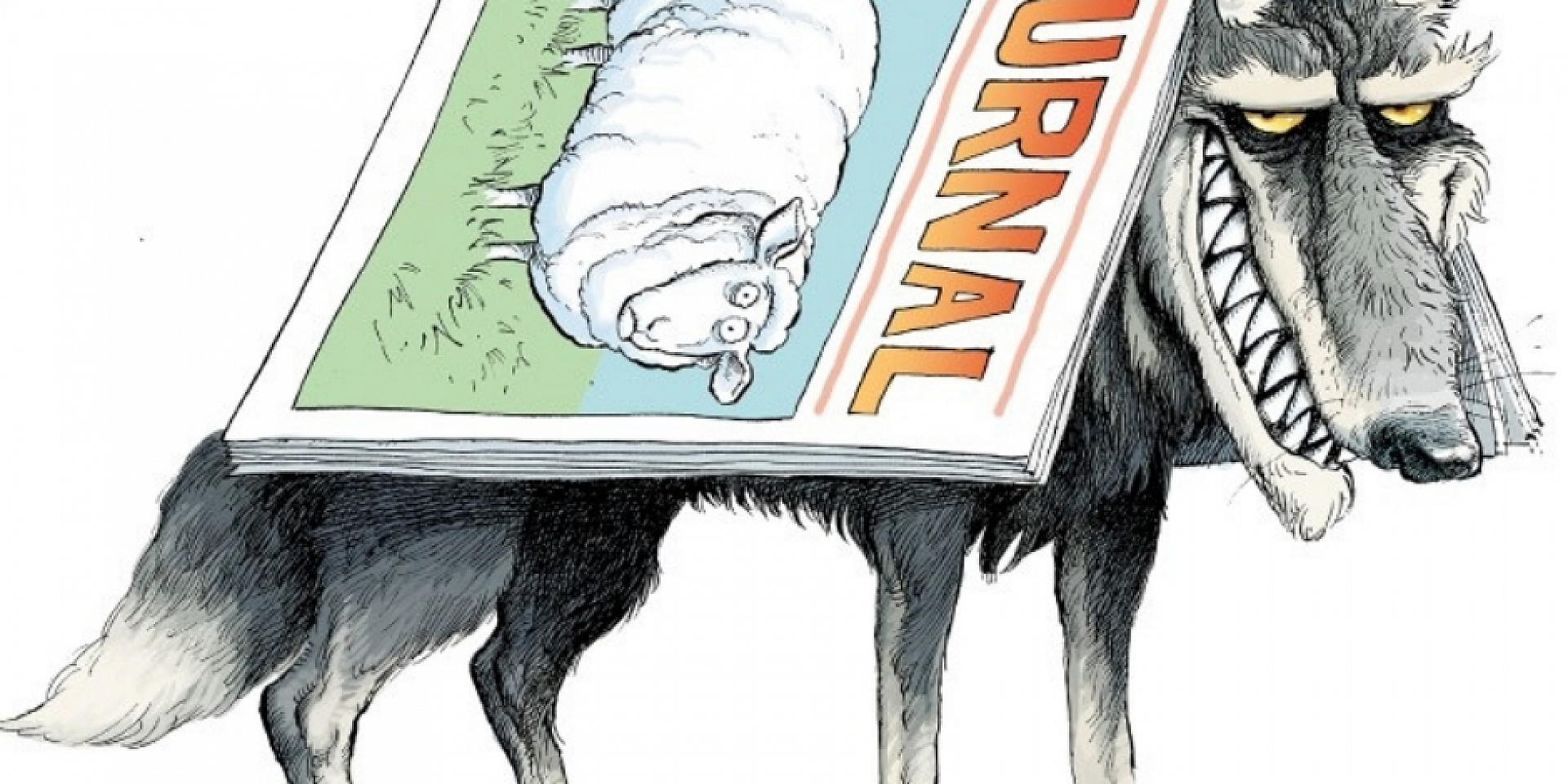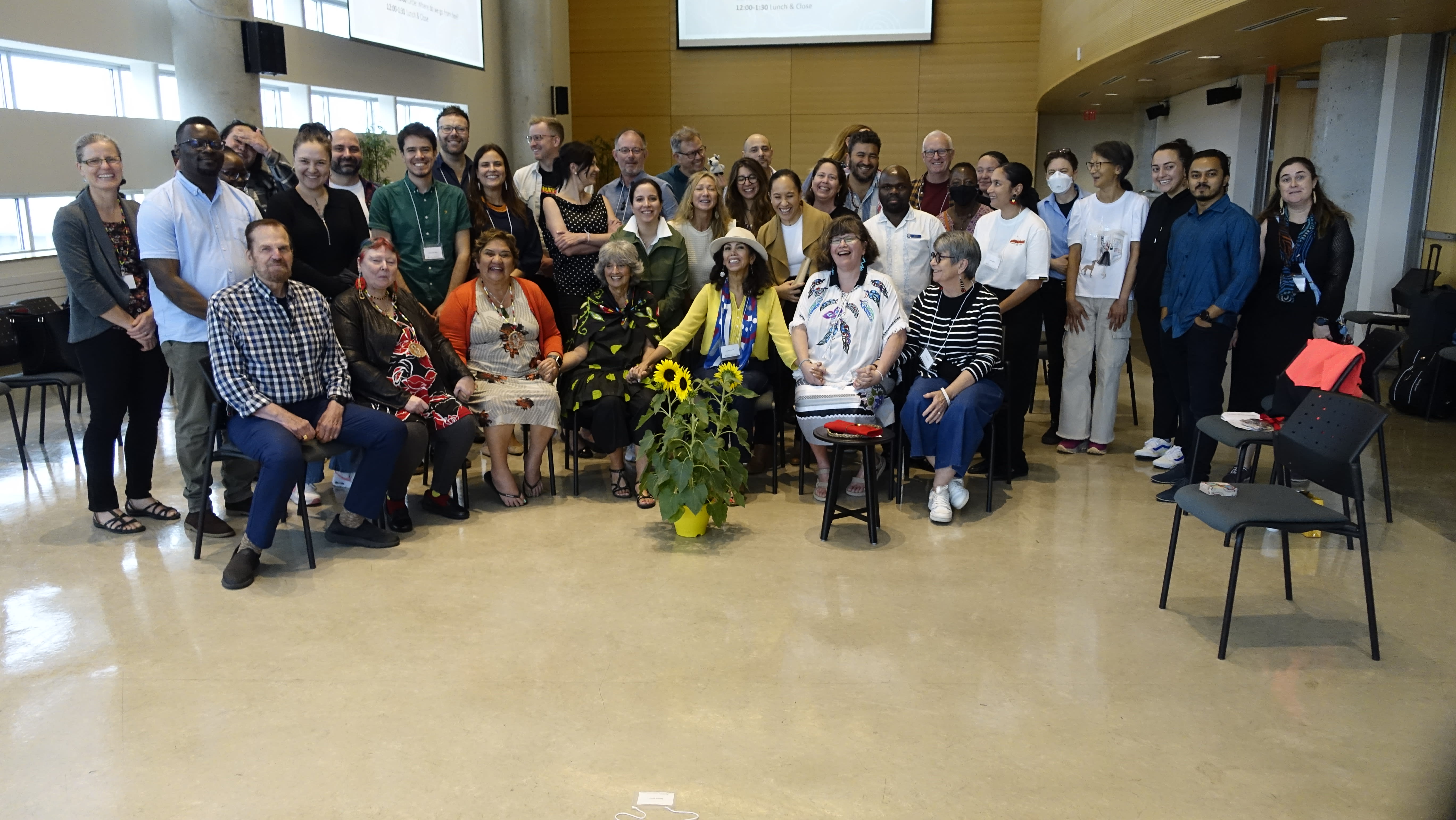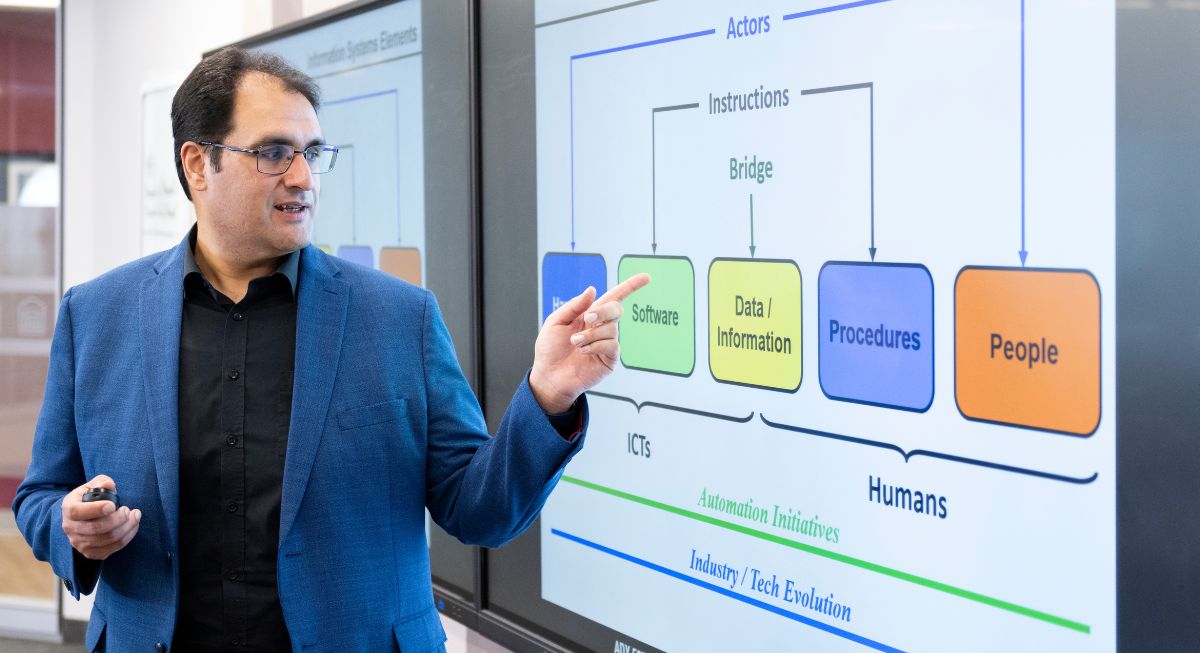Predatory publishing can be thought of as the fake news of science. Some estimate that there are over 8,000 predatory journals that publish more than 400,000 research studies every year. By contributing to the wide spread of dubious, unreliable, and even fake information, predatory journals and publishers cause the scientific community a lot of damage. These publishing practices also have a detrimental impact on people who rely on scientific information to develop their professional skills or inform their decisions at work. I interviewed Agnes Grudniewicz, an Assistant Professor at the University of Ottawa’s Telfer School of Management to learn more about it.
First thing’s first: Defining predatory publishing
Until recently, there was a lack of consensus in the scientific community about what makes a journal predatory and how to identify it. This made it hard to fight this threat and evaluate its impact. But an interdisciplinary group of leading scholars from around the globe, including Professor Grudniewicz (Telfer School of Management); David Moher, Kelly Cobey, and Manoj Lalu (Centre for Journalology at the Ottawa Hospital Research Institute), realized that to fight these unreliable sources that disseminate poor scientific information, they first needed to understand what exactly they are fighting.
After twelve hours of in-person discussion with 43 stakeholders from 10 countries, the group agreed on a consensus definition: predatory journals and publisher are “entities that prioritize self-interest at the expense of scholarship and are characterized by false or misleading information, deviation from best editorial and publication practices, a lack of transparency, and/or the use of aggressive and indiscriminate solicitation practices.” Their consensus definition was published in Nature.
Beyond the scientific community
Predatory publishing is a global threat to quality science, compromising valuable resources in the scientific community. “We all understand that researchers are under constant pressure to publish their work. Predatory publishers and journals take advantage of this publish-or-perish culture and aggressively promote their services,” explains Professor Grudniewicz.
But beyond what happens at universities and scientific organizations, she also urges us to recognize the impact of these predatory entities and their practices outside of the scientific community. Articles published in predatory journals can show up in Google searches, looking like high-quality peer-reviewed articles. In the age of modern technology where information is being shared at an incredible pace, many people may not know if the sources of scientific information they find are legitimate or fake.
How predatory practices affect students, our future thought leaders
Professor Grudniewicz believes that predatory publishing practices affect students in two ways. First, some graduate programs make it a requirement for students to publish before they graduate. “This causes them to feel a lot of stress and a sense of urgency,” she explains. Students may unknowingly turn to predatory journals, as they usually offer very quick publication times, little peer review, and low publication fees. The trap of publishing in predatory journals can have major repercussions on one’s research career:
“Sometimes students don’t know that publishing in a predatory journal can have long term negative consequences on their career. So they need strong mentorship and guidance to help them select legitimate journals, and perhaps we need to consider relaxing requirements to publish thesis papers prior to graduation.”
Second, we often ignore the impact of predatory entities on undergraduate and professional students who may not be getting any training on how to appraise evidence. “Without awareness of this problem or skills and tools to determine the legitimacy of a journal, these students who will become our future leaders may be using fake evidence in their work post-graduation,” she warns.
For example, some of these students will become managers in health care organizations. They may need to search for evidence on a surgical intervention to help solve scheduling problems or optimise resources within their institution. If the manager doesn’t know about predatory journals and the fact that the research presented in these papers may have not been peer-reviewed or is fake, what are the unintended consequences? Many of these future leaders may base their decisions on bad information, potentially leading to problems down the line.
How the academic community can fight against this predator
By defining predatory publishing, Professor Grudniewicz’s team has already taken the first step in the fight against those who help spread low quality and fake scientific findings. Agreeing on a consensus definition helps unite those in the fight against predatory journals. It also provides a reference point for better understanding the influence of predatory entities, but more needs to be done. Professor Grudniewicz emphasizes the broad relevance of this problem:
“We need to acknowledge that this isn’t just a problem for researchers. We all use Google to search for information on the internet, so we all should know about predatory publishers. Think of how many times you may have Googled health symptoms you or someone you love is having. Just like we don’t want to get duped by ‘fake news,’ we also don’t want to be accidentally using fake science; whether that’s as researchers or professionals, and especially not in our private lives as patients or caregivers of someone with a serious illness.”

Agnes Grudniewicz is an Assistant Professor at the University of Ottawa’s Telfer School of Management. Her research is focused on primary and community care and aims to improve health care systems and services for patients with complex health and social needs. She is a member of the Centre for Journalology at the Ottawa Hospital Research Institute where she provides her qualitative methods expertise to help with the fight against predatory journals. Learn more about her work.











